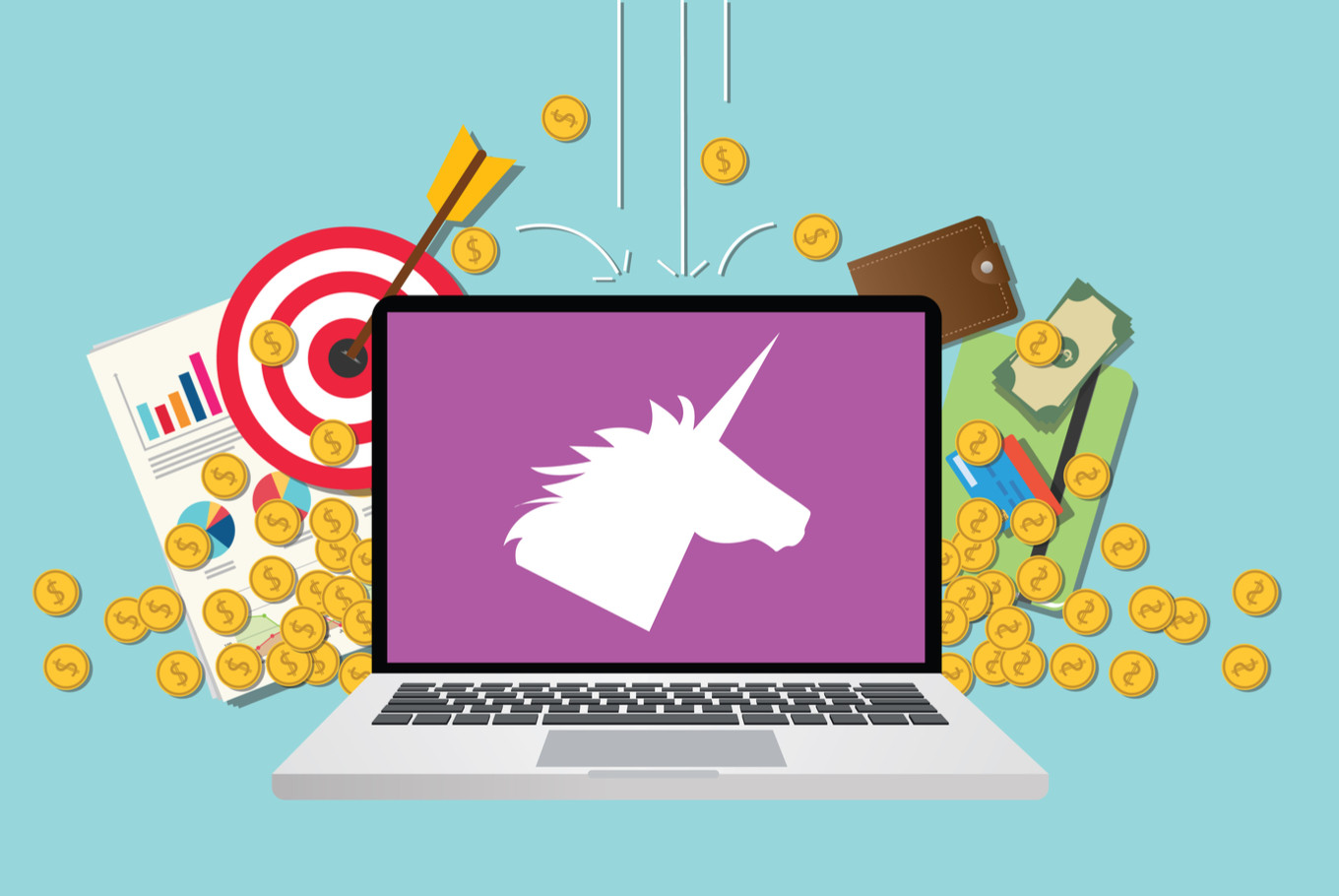Popular Reads
Top Results
Can't find what you're looking for?
View all search resultsPopular Reads
Top Results
Can't find what you're looking for?
View all search resultsStart-up sustainability test
If anything, the pandemic drying out funding for later-stage start-ups presents a learning opportunity for start-ups in Indonesia, if not the world.
Change text size
Gift Premium Articles
to Anyone
T
he pandemic has made it so that funds for start-ups flow mostly to either early-stage or high-valuation companies, posing a big challenge for later stage start-ups looking to grow and scale up. Funding beyond the seed and early stages has become a rare occurrence recently as venture capitalists (VC) — like most investors around the world — take a backseat on investments against the backdrop of the global economic crisis.
Indonesia has seen a 19 percent decline this year in funding worth between US$20 million and $100 million, which is often found in series C and D funding, according to data from Singapore-based equity firm Asia Partners.
This stands in stark contrast to the 10 percent growth for funding between $1 million and $20 million, while start-ups raising capital above the $100 million mark have seen funding grow 44 percent.
These numbers are a telltale sign that local start-ups hoping to scale up at an early stage can’t rely on VCs for their funding rounds.
Should these start-ups survive the pandemic, they will likely have relied on their own organic business growth with little to no external funding.
The funding trend also reflects the need for startups to rely on profitability for growth. As a result, calls have grown for business models that emphasize organic business development strategies centered on products and services, as well as consumers and clients.
The latest data also reflects the relative ease of setting up a start-up but the huge burdens in scaling up.
Early-and later-stage start-ups are most prone to the hard-hitting effects of the crisis, since unicorns and high-valuation start-ups have more cushion to survive.
Almost half of all digital start-ups are projected to be able to survive for more than one year during the pandemic, while 20 percent only have runway to survive until September or December, according to a recent report from Katadata Insight Center.
Many VCs have recently come to the realization that valuations, particularly in the late-stage private markets, can be irrational. By focusing on growth prospects alone, money-losing start-ups can still be appealing.
Today, more and more VCs are investing in profitability rather than growth prospects, although most still focus on the latter.
If anything, the pandemic drying out funding for later-stage start-ups presents a learning opportunity for start-ups in Indonesia, if not the world.
Leadership plays a central role in surviving the pandemic — founders and boards of management that focus on resilience and sustainable business strategies will pave the way for these start-ups to make it through the crisis.
Start-ups, their founders and management boards that can find a sustainable business model will make it through the crisis and shine in the flock.
It’s time to shift the mindset toward a model of profitability, while maintaining sustainable growth prospects.










